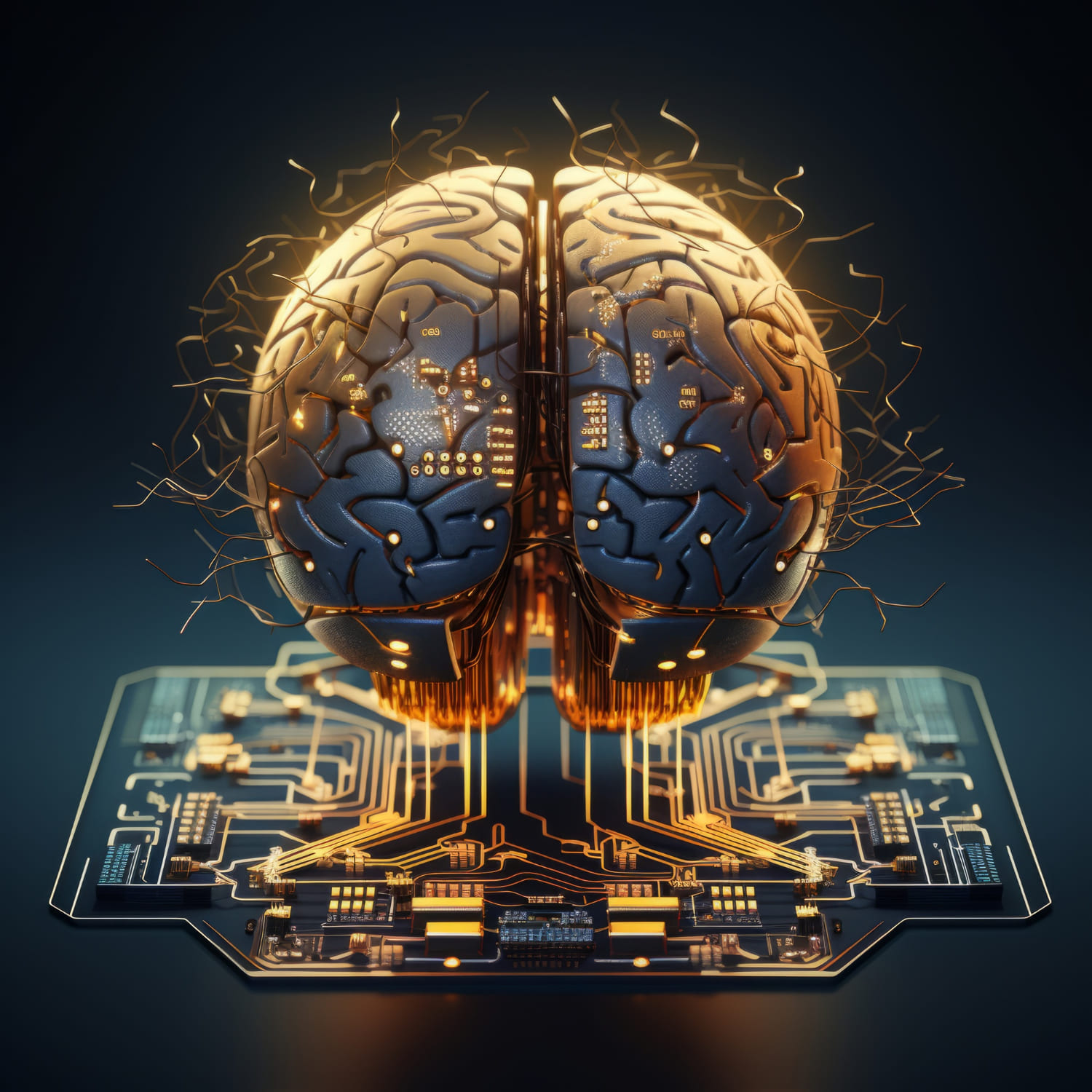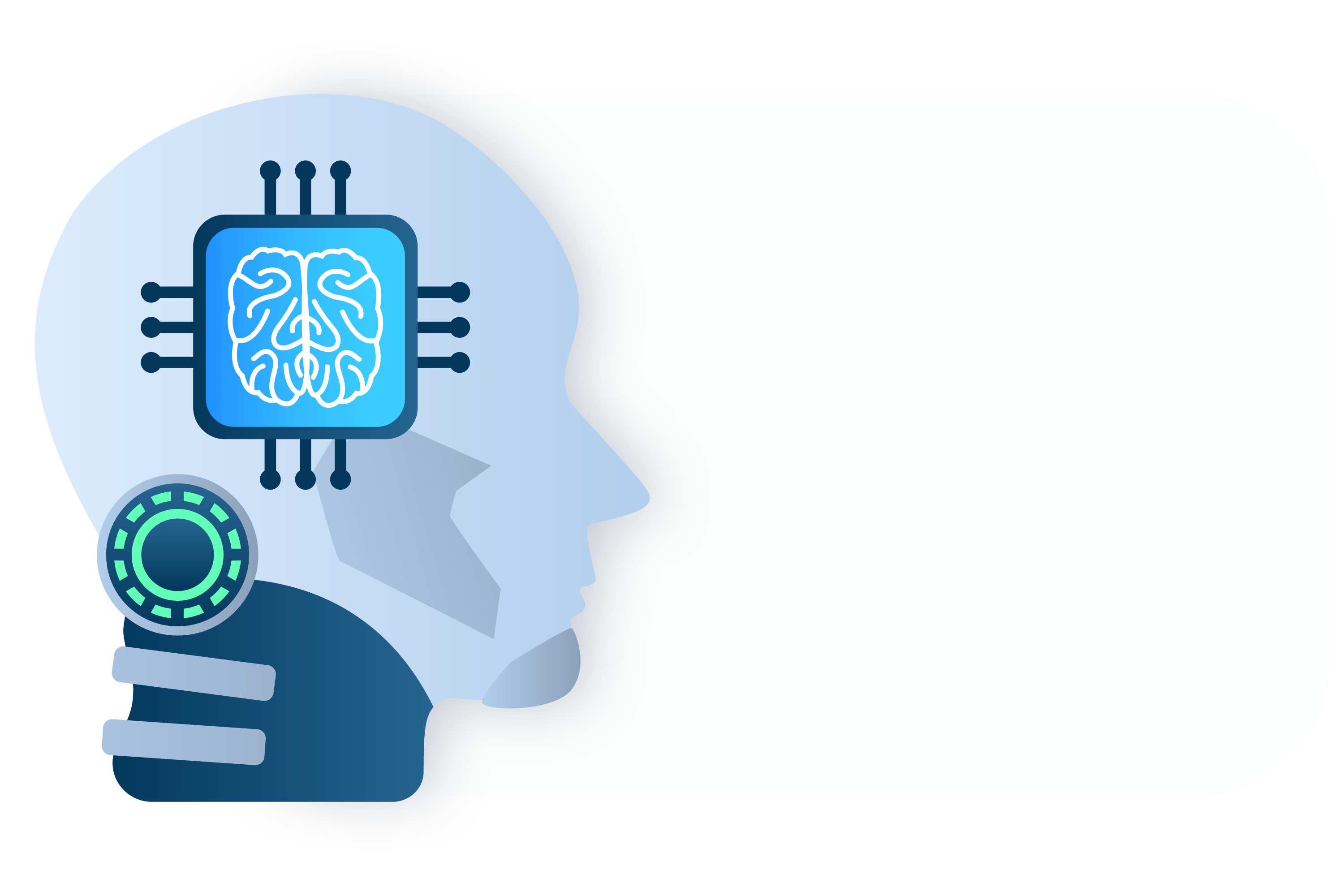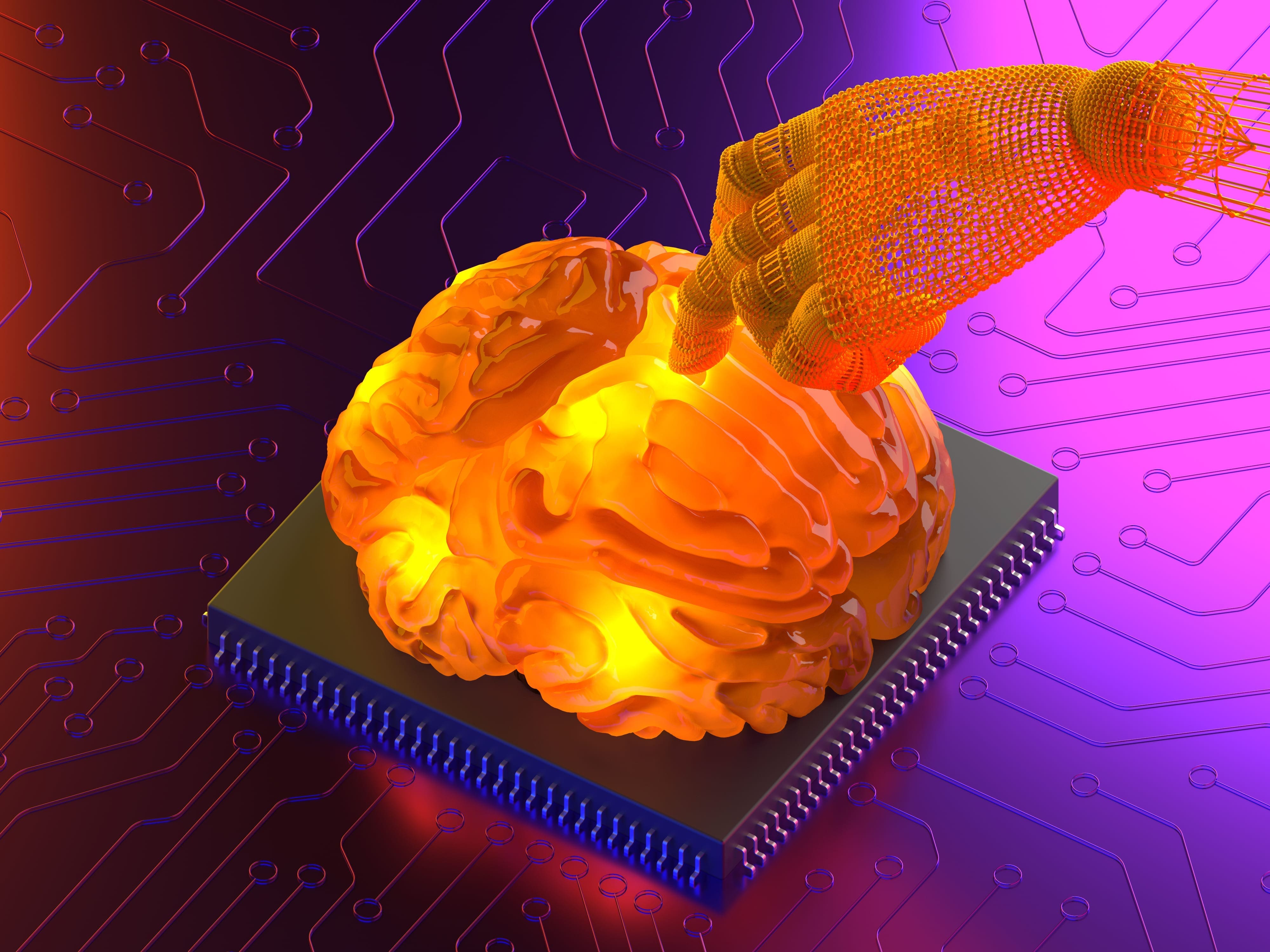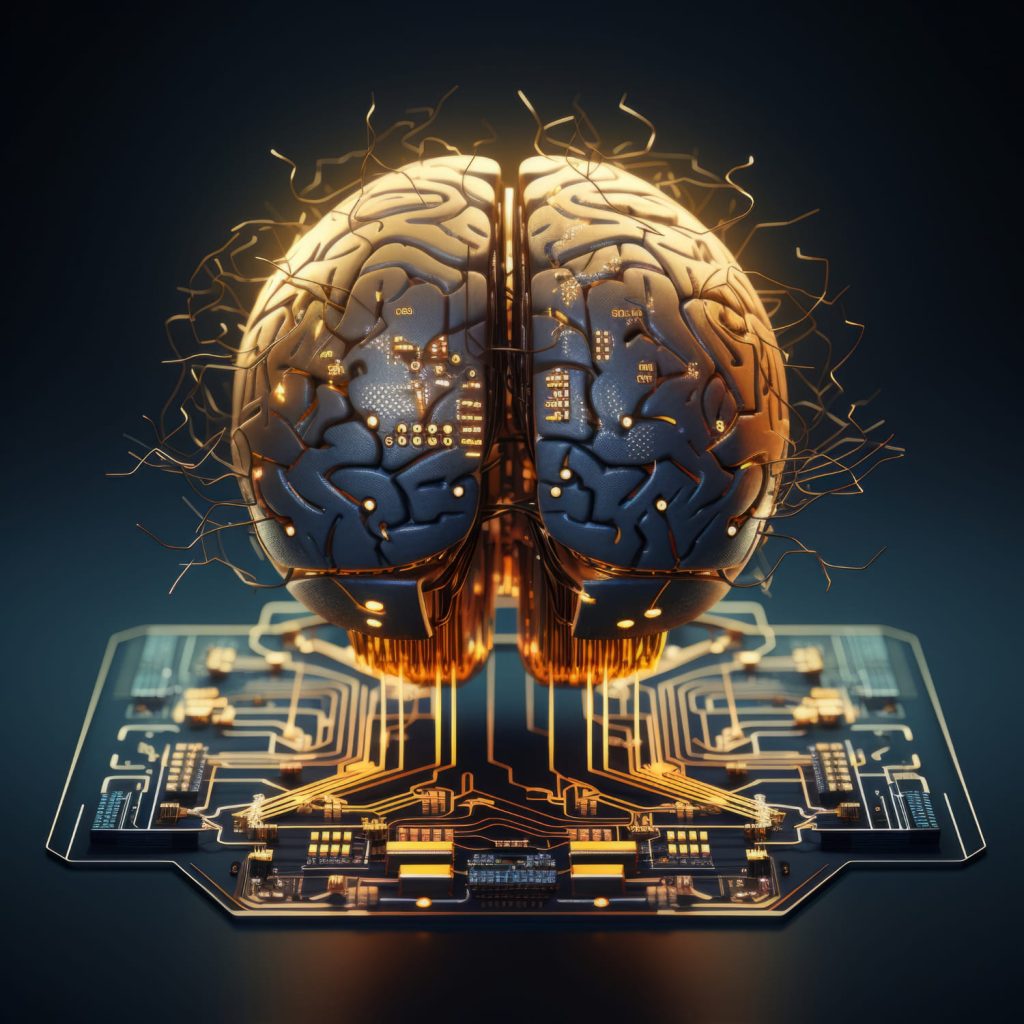
What is the Elon Musk brain chip and how does it work?
The Elon Musk brain chip, known as Neuralink, is a revolutionary technology that aims to merge the human brain with artificial intelligence. It involves implanting tiny electrodes into the brain to create a brain-machine interface, allowing for enhanced cognitive abilities and potential medical applications.
The intersection of technology and medicine has always been a catalyst for innovation and advancements that transform the way we approach healthcare. In recent years, one name has repeatedly emerged as a driving force behind groundbreaking ideas and futuristic visions: Elon Musk. Known for his ventures in electric vehicles, space exploration, and renewable energy, Musk’s latest endeavor, Neuralink, is poised to revolutionize the field of medicine and reshape our understanding of the human brain.
Understanding the Concept of Elon Musk’s Brain Chip
The concept of Elon Musk’s brain chip, popularly known as the brain implant or brain-computer interface (BCI), has captured the imaginations of scientists, healthcare professionals, and the general public alike. Neuralink, the startup founded by Musk, aims to develop a BCI technology that can enhance human cognition and treat neurological conditions. The brain chip, a small implantable device, acts as a connection between the brain and external devices, allowing for the interpretation and manipulation of brain signals.
The Purpose Behind Neuralink
Neuralink’s primary goal is to develop brain-machine interface technology for medical purposes, including the use of surgical robots. By decoding and interpreting brain signals, the brain chip holds the potential to revolutionize the diagnosis and treatment of neurological disorders, offering hope to countless patients. Through Neuralink’s innovation, the gap between human brains and artificial intelligence can be bridged, ushering in new frontiers in medicine. The brain chip also opens the possibility of enhancing human cognition and capabilities, paving the way for the development of responsible medicine.
The Science Behind the Brain Chip Technology
At the heart of Neuralink’s brain chip technology lies a remarkable fusion of neuroscience and innovation. The brain chip integrates super thin wires with a series of electrodes, enabling the detection and interpretation of brain signals. By implanting these electrodes into the brain, the chip can decode and analyze brain activity, providing insights into the complex workings of the human mind. This breakthrough in neurotechnology has the potential to unlock new horizons in understanding and treating neurological conditions, heralding a new era of precision medicine. Other companies, such as Synchron and Onward, have more than a year’s head start on human trials with brain implants and related technology.
Neuralink’s Journey from Science Fiction to Reality
Neuralink’s brain chip technology may seem like science fiction, but it is quickly becoming a reality. Long depicted in movies and books, the idea of implanting a chip directly into the human brain to enhance cognitive abilities has generated intrigue and curiosity. Thanks to Neuralink’s relentless pursuit of innovation and breakthroughs, this once fictional concept is now within reach. By studying and working with the delicate and intricate part of the brain, Neuralink, along with other venture-backed competitors like Blackrock Neurotech and Paradromics, is turning science fiction into tangible advancements, pushing the boundaries of what is possible in the realm of neurotechnology.
Milestones Achieved by Neuralink
Neuralink has achieved significant milestones on its journey to bring the brain chip technology to the forefront of medicine. Last December, the startup received FDA approval to conduct clinical trials on human subjects, underscoring the potential of the brain chip to transform the field of neurology. These milestones showcase Neuralink’s commitment to pushing the boundaries of neuroscience and neurotechnology, and the brain chip’s ability to make tangible advancements in the diagnosis and treatment of brain-related disorders. Additionally, Neuralink won approval from the US Food and Drug Administration (FDA) for its first human clinical trial in May, marking another important milestone in their progress.
The Role of AI in Neuralink’s Development

Artificial intelligence (AI) plays a crucial role in the development of Neuralink’s brain chip technology. By integrating AI algorithms and machine learning, Neuralink is able to interpret and respond to the complex brain signals detected by the brain chip. This convergence of human intelligence and AI powers the brain chip’s ability to understand and leverage brain activity, driving remarkable breakthroughs in precision medicine. The role of AI in Neuralink’s development can be summarized as follows:
- AI algorithms decode and analyze brain signals captured by the brain chip.
- Machine learning enables the brain chip to adapt and learn from brain activity patterns.
- AI algorithms enhance the brain chip’s ability to interpret complex brain signals and translate them into actionable insights.
- The integration of AI with the brain chip technology enables the seamless communication and exchange of information between the brain and external devices.
How Does Neuralink’s Brain Chip Work?
To understand how Neuralink’s brain chip works, it is essential to delve into the intricacies of the brain implant and its interaction with brain activity. The brain chip, once implanted, detects and records brain signals, including brain waves and the person’s brain activity. These signals are then processed and interpreted by the chip, paving the way for potential interventions and enhancements in brain function. Through this innovative technology, the brain chip holds the promise of unlocking the mysteries of the human brain and revolutionizing the field of neuroscience.
An Insight into the Mechanism of the Brain Chip
The brain chip developed by Neuralink operates on a complex, yet elegant, mechanism that allows for the seamless integration of technology and the human brain. The chip, comprised of superthin wires and a series of electrodes, is implanted into the brain, forming a neural interface. This interface acts as a conduit for the detection and transmission of brain signals, opening the door to potentially transformative insights into brain activity. By leveraging this mechanism, the brain chip has the potential to pave the way for precision neuroscience and innovative medical interventions. Additionally, it enables a paralyzed person to move a cursor, check email, adjust the volume or channel on a TV, and control a robotic limb.
The Interface Between Human Brain and Neuralink’s Chip
The brain chip developed by Elon Musk’s Neuralink creates a groundbreaking interface between the human brain and external devices. This interface enables the seamless exchange of neural signals and information, revolutionizing the way we understand and interact with the human brain. By monitoring and decoding brain waves and activity, the brain chip offers valuable insights into a person’s cognitive and motor function, opening up new possibilities in precision medicine and neurotechnological interventions. The brain chip’s remarkable interface between the human brain and advanced technology holds immense potential for the future of healthcare.
The Potential Impact of Neuralink on Healthcare
The potential impact of Elon Musk’s brain chip, developed by Neuralink, on the field of healthcare cannot be overstated. With the ability to decode brain signals and interface with external devices, the brain chip holds the promise of transforming the diagnosis, treatment, and understanding of neurological disorders. It brings us closer to the realization of responsible medicine, where the power of precision neuroscience can be harnessed to improve the lives of patients and enhance human cognition. Neuralink’s brain chip represents a remarkable convergence of innovation, medicine, and artificial intelligence, poised to revolutionize the future of healthcare.
Possible Applications of the Brain Chip in Medicine
The brain chip developed by Neuralink has the potential to revolutionize medicine by opening up new avenues for the treatment and management of various neurological conditions. Here are some of the possible applications of the brain chip in medicine:
- Restoring motor function and improving the quality of life for individuals with paralysis
- Enhancing the functionality of prosthetic limbs through direct brain control
- Monitoring and optimizing brain activity to improve cognitive function and mental health
- Facilitating precise neurosurgical interventions, reducing the risk of complications and improving patient outcomes
The Future of Healthcare with Neuralink
As Neuralink continues to push the boundaries of neurotechnology, the future of healthcare holds the promise of a symbiotic relationship between human brains and computer chips. Elon Musk’s brain chip, developed by Neuralink, could revolutionize the way physicians and healthcare professionals diagnose and treat neurological conditions. By closely monitoring brain waves and activity, the brain chip offers a deeper understanding of the complexity of the human brain, enabling precision medicine interventions. As the brain chip technology advances, the physicians committee sees immense potential for responsible and patient-centric healthcare that could transform the lives of millions.
Ethical Concerns Surrounding the Use of Brain Chips

While the development of brain chips holds tremendous promise, it also raises important ethical concerns that must be addressed. As with any emerging technology, safety concerns are paramount. The implantation of brain chips and human trials have been the subject of scrutiny and federal investigations to ensure the safety and well-being of patients. Additionally, the privacy of brain chip technology and the potential for unauthorized access to individuals’ brain activity data necessitate stringent measures to safeguard personal information. It is imperative that these ethical concerns are thoroughly addressed to ensure the responsible and beneficial use of brain chip technology.
Addressing the Fears and Myths about Neuralink
As with any transformative technology, the development of Neuralink’s brain chip has generated both fears and myths. It is essential to address these concerns and provide accurate information to dispel any misconceptions surrounding the technology. Safety concerns, especially in the context of implantation and human trials, have been the subject of scrutiny and investigation. It is crucial to communicate the stringent safety protocols and the rigorous scientific approach undertaken by Neuralink to ensure the safety and well-being of individuals. Clear and transparent communication is key to addressing fears and dispelling myths, creating a better understanding of the potential benefits of the brain chip.
Ensuring Safety and Privacy with Neuralink
Ensuring the safety and privacy of brain chip technology is of utmost importance in the development and implementation of Neuralink’s innovations. The FDA’s approval of clinical trials demonstrates the commitment to rigorous evaluation and scrutiny of the brain chip’s safety and efficacy. Stringent safety protocols and strict regulatory oversight are essential to prevent any potential risks associated with brain chip implantation and usage. Moreover, the protection of individuals’ privacy and the security of their brain activity data require robust measures and safeguards. Neuralink’s dedication to safety and privacy underscores the responsible and ethical approach in harnessing the full potential of brain chip technology.
Will Musk’s Brain Chip Change the Way We Live?
Elon Musk’s brain chip, developed by Neuralink, has the potential to fundamentally reshape the way we live and interact with the world around us. By merging human brains with advanced technology, the brain chip could usher in a new era of human existence, expanding our cognitive and motor capabilities beyond our current boundaries. This convergence of human intelligence and artificial intelligence holds the promise of superhuman abilities, transforming the way we navigate and comprehend the tech world, and potentially redefining the very essence of what it means to be human.
The Potential Transformation of Human Existence
The potential transformation of human existence through the integration of Elon Musk’s brain chip and advancements in technology evokes the concept of superhumans, individuals with enhanced cognitive and physical abilities. The brain chip’s ability to decode and augment brain signals opens the door to previously unimaginable capabilities, pushing the boundaries of human potential. This transformative technology has the power to reshape the way we think, move, and communicate, blurring the line between science fiction and reality. As the brain chip technology continues to evolve and mature, the potential for human transformation and the emergence of superhumans, including the exploration of missions to Mars, becomes ever more feasible.
How Far Are We from the Reality of Neuralink in Every Brain?
As we consider the immense potential of Neuralink’s brain chip technology, it is important to temper our expectations with the practicality and timelines of implementation. While the brain chip has shown promising results in human clinical trials, the widespread adoption of the technology presents numerous challenges. Implantation procedures, safety protocols, and the need for extensive research and development all contribute to the timeline of progress. Additionally, the transition from the current stage of clinical trials to the reality of Neuralink in every brain requires careful consideration and regulatory approval. While the brain chip technology holds immense promise, the journey to universal adoption may take time and further advancements.
Could Neuralink Create a New Era of Superhumans?
The concept of superhumans, individuals with enhanced cognitive and physical capabilities, is a captivating possibility that Neuralink’s brain chip technology brings closer to reality. With the potential to augment brain activity and connectivity, the brain chip opens the door to unprecedented levels of human potential, pushing the boundaries of what we once thought possible. By enabling enhanced cognitive abilities, motor function, and overall brain performance, the brain chip could propel human capabilities to extraordinary heights. While the realization of a new era of superhumans is still on the horizon, the brain chip’s transformative potential offers a glimpse into the exciting possibilities that lie ahead.
Conclusion
In conclusion, Elon Musk’s Brain Chip, developed by Neuralink, has the potential to revolutionize the field of medicine. With its advanced technology and capability to interface with the human brain, it opens up a whole new realm of possibilities in healthcare. From treating neurological disorders to enhancing cognitive abilities, the brain chip holds immense promise. However, along with the excitement, there are also ethical concerns that need to be addressed. Ensuring safety, privacy, and addressing fears and myths surrounding the use of brain chips is crucial. While we may still have a long way to go before Neuralink’s brain chip becomes a reality for everyone, its potential to transform human existence and create a new era of superhumans cannot be ignored. The future of healthcare with Neuralink looks promising, and we eagerly await its further development.
https://www.reuters.com/investigates/special-report/neuralink-musk-fda/
https://www.indiatodaygroup.com/new-site/publications/bt-about.html
https://www.science.org/doi/10.1126/science.adh3916
https://www.tandfonline.com/doi/full/10.1080/2326263X.2016.1207497



